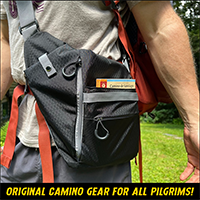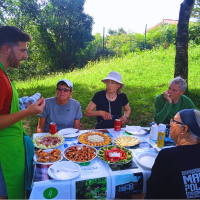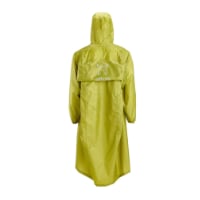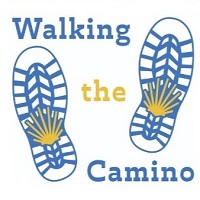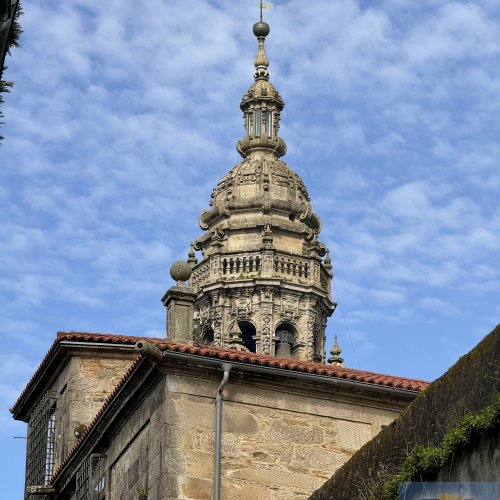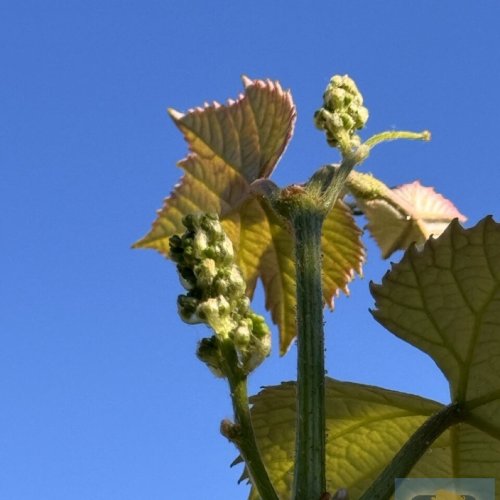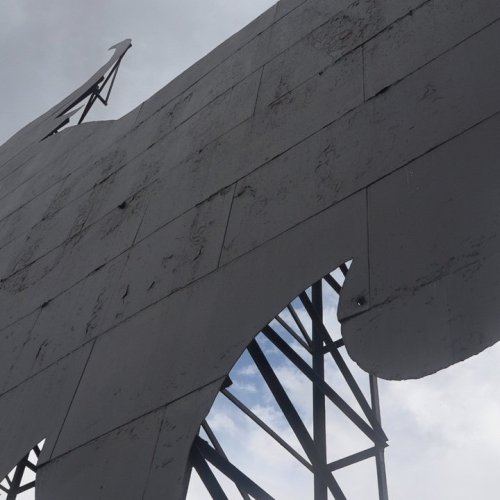Very interesting topic, thanks all! Was this all donativo?

Porto was in 2010 my first starting point of the camino, my first night was in Vilarinho. There were a few dressing rooms next to a communal sportfield. In one of these rooms were 5 bunk beds, there was a sink, a shower. It was all I needed to sleep. The key was at the pharmacy. No money was asked.
For the first time in my life I was in a place where a village made me feel welcome to pass and to rest, without seeing me as a potential paying consumer. No matter how much money I actually did have. It felt so rich to be in this world. Because it was my first camino night, it set my view on the camino. It made so much internal space.
I treasure this memory, ever since I walk the camino as a 'gifted' person. This start was being an 0-1 for the Camino. I owe the camino, no matter what other experiences I got later. I myself have been volunteering (still for only a small period) in an albergue in later years. I still feel gifted, also because 1000 of other camino experiences.
I'm aware that this might be a different donativo then the ones other people have in mind who have full food included.
I'm amazed by the storey of the priest mentioned before, especially by the fact that he was not allowed to put up a sign because other people/municipality had invested in another place to sleep. Free offering is made difficult by people who want/need money. So business has the first right of existence, before hospitality?
There is a weird thing in the present economic (state)model. If I make a simple shelter where people can stay and I ask for money, it will be a part of economic growth. If it is possible for me to make a simple shelter where people can stay for free, and a volunteer is helping me (and lets say all places in the camino will be like that), it is considered as economical downturn, just because the exchange of service is not counted anywhere in red tape. Back to my first night at the Portuguese, me feeling (and being) so rich did not add up any economic traffic and is therefore counted as an economic downturn compared with any paid service.

For me services we provide to each other and for ourselves (like writing on this forum) make me rich, but turns out to be an economic downturn. It prevents me from spending money in other places, I need less money, I need to work less for money (and can spend more time on the Camino...). I like economic downturns

, I hope to cause it more.
All this discussion for me is about the fact that for any individual, giving and taking must be in balance. One simply cannot give more than one get. If we give more than we get, we burn ourselves down and come to a point of needing nourishment only. In the end, for anyone on the camino (pilgrim, hospitalero, beggar, volunteer) the matter is: leave what you can, take what you need.
Paying each other with money is a way to balance that, it prevents us from greediness and forces anyone to give. But it is also a system who leaves out many people who want or would like to contribute in any way (not the right permits, forbidden to put up a sign for donativos). The meanest thing about that system is that it needs a lot of people in it who have so much to offer but don't see a way to do so and are forced to take money from the community. It is called unemployment.
I can see the uneasiness of a donative system. How much can I take without giving back too little. Still, I love it, I believe that it makes us more rich all together, and rich we are.







